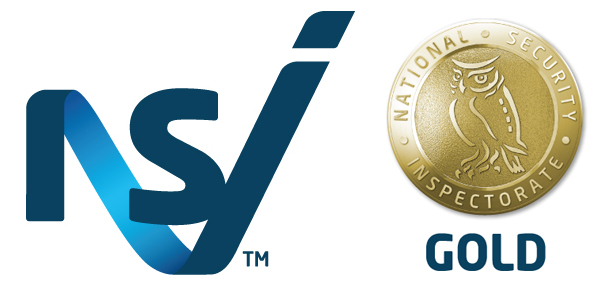
There are plenty of reasons why installing a CCTV system can improve your business, but can it improve your business financially as well? At Central Southern Security we understand there to be at least three reasons why CCTV is a worthwhile investment for your small business.
- Prevent employee theft
A survey of nearly 1500 people revealed that 78% of them admitted to stealing something from their place of work, with the range of goods swiped from offices including laptops, televisions and petty cash. On average, people admitted to stealing goods worth £930 over their career, with some topping £5000. Make sure you’re not losing money (or goods) by installing CCTV, so you can keep an eye on your staff.
- CCTV is more cost effective
What is more financially effective for your business? A CCTV System or a security guard? With so many different types of CCTV systems on the market which can be tailored to your business and budget, it is unlikely that hiring a security guard will be more cost effective for your business in the long run. You should also remember, in larger shops, it can be tough for a guard to access every point, where as a CCTV system will enable one person to supervise the whole building from an area.
- Deter external thieves
In 2012-2013, customer theft cost the UK retail industry over £2.2 billion pounds. One of the most effective solutions for preventing shoplifting is simply acknowledging the presence of the thief. CCTV will mean that anyone visiting your premises is very aware that they're being watched, and not only that, that they're also being recorded. This can be a very effective deterrent and could save your money thousands of pounds.






